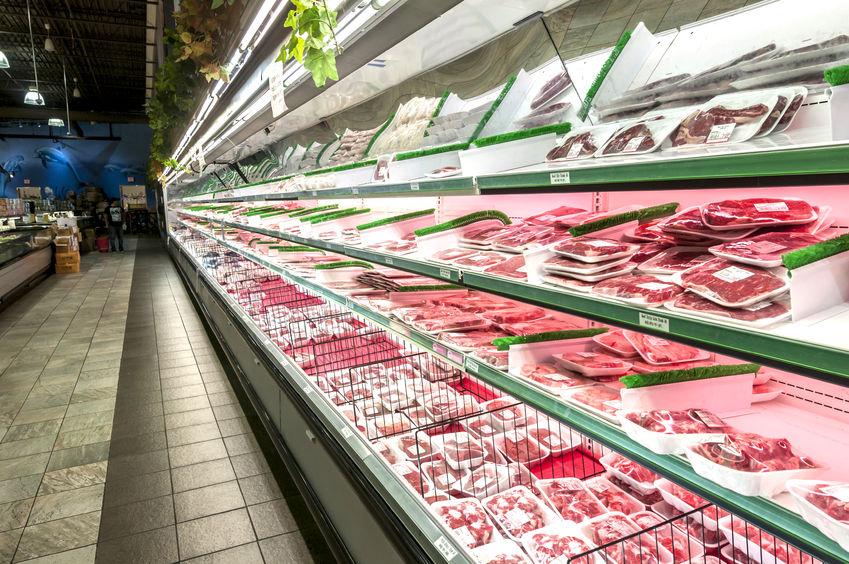
Seventy-five percent of the British public trust the accuracy of food labels and 74 percent trust the authenticity of the food's origin or quality, according to new figures.
The Food Standards Agency's (FSA) Biannual Public Attitudes Tracker results is a tracking survey of consumers in England, Wales and Northern Ireland, in order to monitor changes in consumer attitudes towards food-related issues.
The top food safety issues of concern for respondents were: Food hygiene when eating out (36%), food poisoning (30%), chemicals from the environment, such as lead, in food (29%), food additives (26%).
The top wider food issues of concern were: The amount of sugar in food (52%), food waste (48%), food prices (46%) and animal welfare (43%).
Attitudes towards food production, sale and labelling show that the majority of consumers think food is accurately labelled.
Consumers reported that they trust that food is what it says it is and is accurately labelled (75%) and 74% trusted the authenticity of ingredients, origin and/or quality of food.
However, findings also demonstrated that 44% of respondents trusted that people who produce and sell food have their best interests at heart.
In order to gain more public trust with British food, a food labelling system which showcases Britain's animal welfare standards coupled with a detailed country of origin label could be rolled out across supermarkets after Brexit.
Announcing the plans at the Oxford Farming Conference, Defra Secretary Michael Gove said a "gold-standard metric for food and farming quality" after Britain leaves the EU should be introduced to gain more consumer trust in food.
